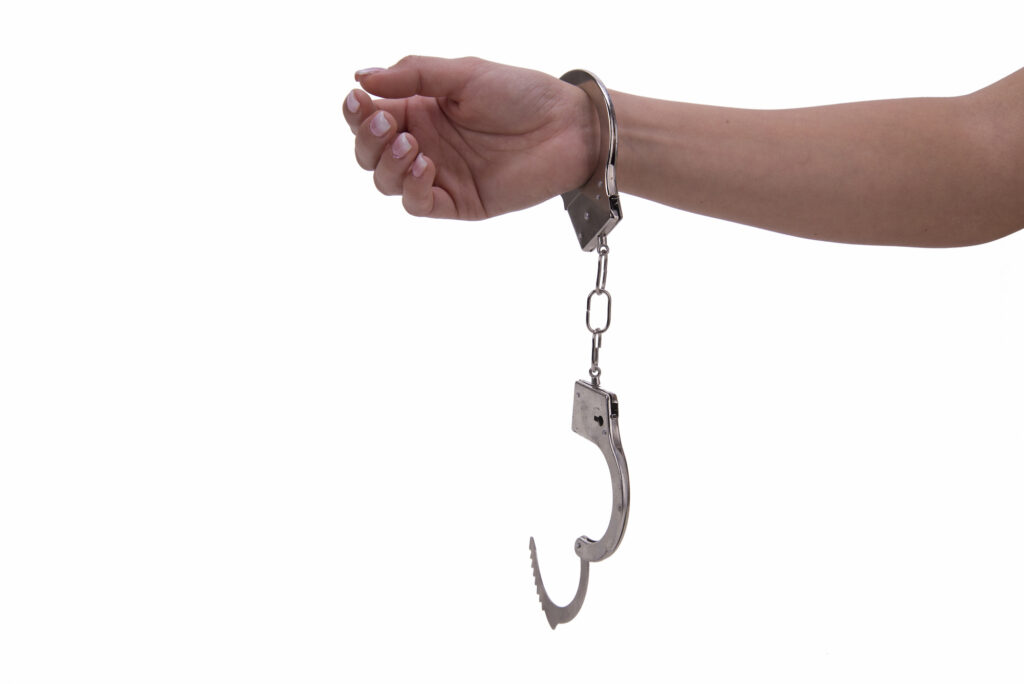
Sometimes, certain decisions don’t always result in how we expect them to, and in some scenarios, that decision may result in an arrest. However, that doesn’t mean there isn’t a path forward.
Fortunately, with the help of El Paso bail bond companies like Freedom Bail Bonds, we help individuals navigate the complex legal system by offering bail bonds for varying types of crime. Contact us online or call (915) 887-9293 to learn more.
State Jail Felonies
State Jail Felonies are serious offenses with bail amounts set accordingly. This includes aggravated assault, check forgery, child custody interference, burglary, and more. Individuals charged with this crime may face higher bail requirements, resulting in them referring to bail bond companies in El Paso that can offer cash or surety bonds for their safe return home.
Second and First-Degree Felonies
Felonies are categorized into different degrees based on severity. For instance, Second-Degree Felonies include robbery, manslaughter, stalking, human trafficking, and aggravated assault, too. Whereas for First-Degree Felonies, some examples include murder, arson, aggravated robbery, and aggravated kidnapping. When bail amounts are set high, El Paso bail bond companies may recommend property or secured bonds, which use collateral such as real estate to secure a defendant’s release.
Third-Degree Felonies
While Third-Degree Felonies are less severe, they still carry significant consequences. Common Third-Degree arrests include stalking, theft of trade secrets, assault, tampering with evidence, and drug possession.
Misdemeanors (Class A, B, C)
A misdemeanor refers to minor wrongdoings, making these crimes less serious than the ladder, but they still warrant the attention of the legal system. Class A misdemeanors typically have higher bail amounts than their counterparts and include crimes such as resisting arrest, theft, indecent exposure, and alcohol offenses.
Class B includes criminal trespass, intentionally lying to the police, failure to pay child support, and prostitution.
Class C includes disorderly conduct, criminal trespassing, petty theft, passing bad checks, and public intoxication.
Bail bond companies may recommend unsecured bonds, where no collateral is required, and citation release, allowing individuals to be released without posting bail but with a promise to appear in court.
El Paso’s Highly Rated Bail Bond Company
If you or a loved one is facing arrest, Freedom Bail Bonds can help. Call (915) 887-9293 for further assistance.
 Facing arrest is a scary prospect. Our justice system, however, is predicated on the idea that one is innocent until proven guilty. So much of our justice process then follows this trajectory and ensures that every defendant gets a fair trial. Before a defendant can stand in front of a judge and jury, there is a long process that has to happen. There need to be changes made, attorneys called, and prosecution cases put together. The burden of proof is more often than not on the prosecutor and given how long it can take to put together a case, a person might be waiting months before they get things settled. So as a defendant or a loved one of the defendant’s, it is important to know the law and familiarize yourself with some rules. Every state is a little bit different on this, so let’s look at some Texas regulations.
Facing arrest is a scary prospect. Our justice system, however, is predicated on the idea that one is innocent until proven guilty. So much of our justice process then follows this trajectory and ensures that every defendant gets a fair trial. Before a defendant can stand in front of a judge and jury, there is a long process that has to happen. There need to be changes made, attorneys called, and prosecution cases put together. The burden of proof is more often than not on the prosecutor and given how long it can take to put together a case, a person might be waiting months before they get things settled. So as a defendant or a loved one of the defendant’s, it is important to know the law and familiarize yourself with some rules. Every state is a little bit different on this, so let’s look at some Texas regulations. 
